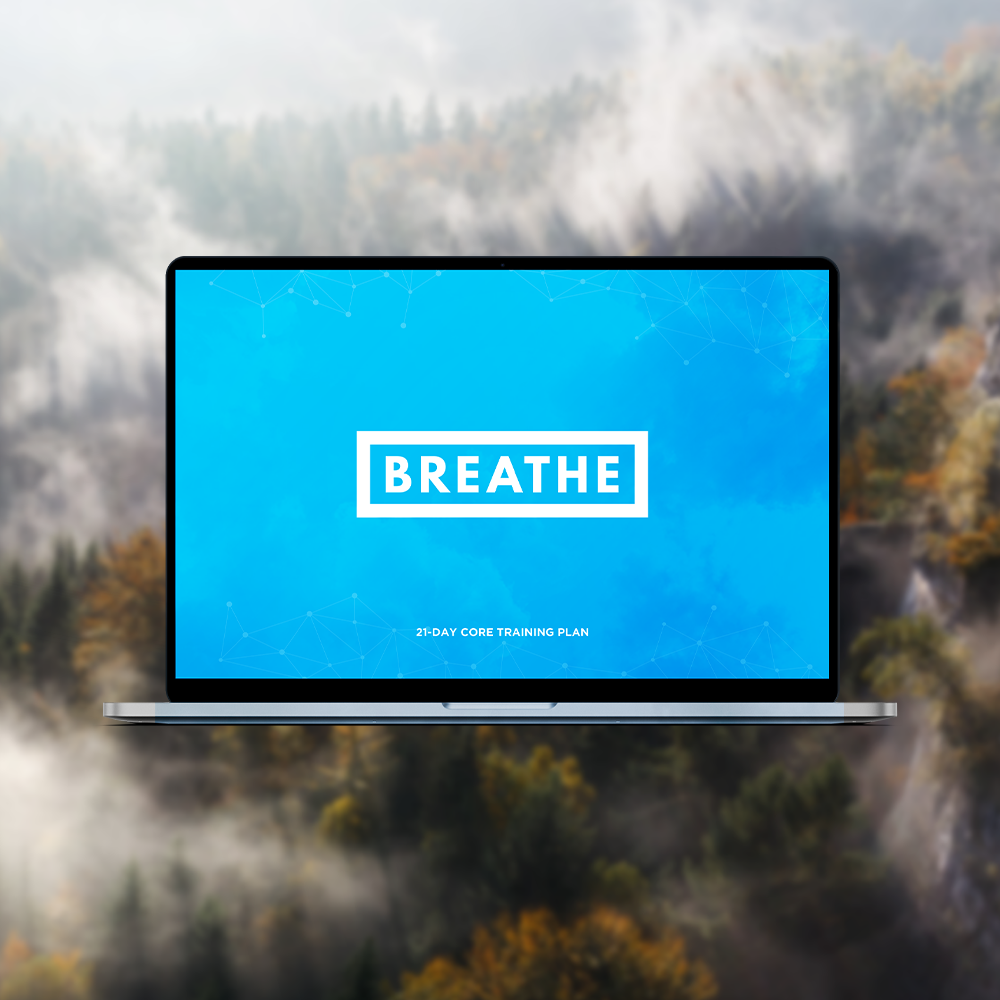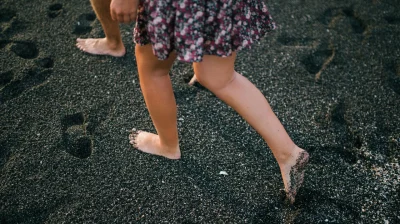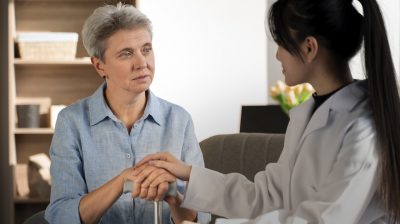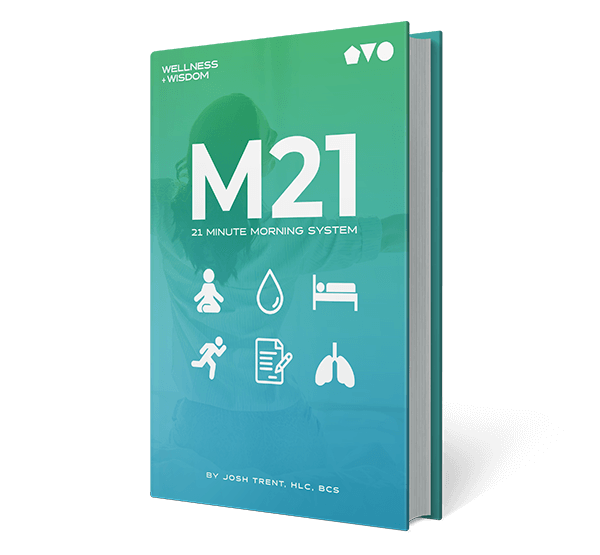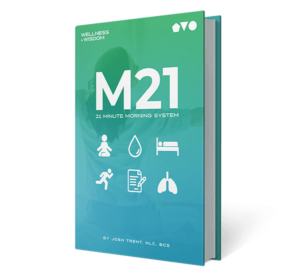 September 11th, 2001. It is a day that shook the world, and for those who lived through it, it continues to reverberate in countless ways. The emotional scars of that day run deep, manifesting for many as post-traumatic stress disorder (PTSD). But here's the thing: while the trauma is real, so is hope. This isn't a story about dwelling on the past but about finding a way forward.
September 11th, 2001. It is a day that shook the world, and for those who lived through it, it continues to reverberate in countless ways. The emotional scars of that day run deep, manifesting for many as post-traumatic stress disorder (PTSD). But here's the thing: while the trauma is real, so is hope. This isn't a story about dwelling on the past but about finding a way forward.
This article shines a light on the empowering journey of recovery. We'll explore how, even in the face of immense adversity, individuals affected by 9/11 PTSD are reclaiming their lives. Through legal advocacy and the transformative power of self-care, they're finding ways to heal, rebuild, and rediscover joy.
So, relax and continue reading to the end!
Table of Contents
Understanding PTSD: Beyond the Flashbacks
Before we dive deeper into the paths to healing, let's take a moment to define what we're dealing with. Post-Traumatic Stress Disorder, or PTSD, isn't just feeling stressed or upset after a difficult experience. It's a serious psychological condition that can develop after someone has been through a terrifying or life-threatening event – like the 9/11 attacks.
What are the symptoms of PTSD?
PTSD can manifest in various ways, and it's different for everyone. But there are some common symptoms to look out for:
- Intrusive Thoughts
- Avoidance
- Negative Changes in Mood and Thinking
- Changes in Arousal and Reactivity
It's critical to realize that not everyone who witnesses a horrific event develops PTSD. With the correct assistance and therapy, those who develop it can recover and live productive lives.
The Power of Legal Advocacy
Now, let's talk about something you might not expect to find in a conversation about healing: the law. For many affected by 9/11, the aftermath wasn't just about emotional trauma. It was a battle for recognition, compensation, and justice. And that's where legal advocacy for 9/11-related PTSD steps in. These experienced attorneys specializing in PTSD can help survivors. Thinking how? They can help navigate the complex process of:-
- Access to Compensation and Benefits: The Victim Compensation Fund (VCF) and the World Trade Center Health Program offer essential financial and medical support to those affected by 9/11. However, the application process can be complex and overwhelming. Legal professionals can guide individuals through this process, ensuring they receive the compensation and benefits they are entitled to.
- Advocacy and Representation: Legal advocates not only provide representation but also fight for the rights of their clients. They ensure that cases are handled with the necessary sensitivity and urgency, providing a voice for those who may feel overwhelmed by the legal system.
- Protection of Rights: Understanding one's rights is crucial, especially when dealing with PTSD. Legal professionals protect these rights, ensuring that employers, insurance companies, and other entities do not exploit or neglect the needs of those suffering from PTSD.
This help isn't just about money; it's about validation, recognition of the suffering endured, and a sense of control over one's future. The legal process can be a long and arduous journey, but for many, it's a crucial step toward healing.
The Healing Power of Self-Care for 9/11-Related PTSD
While legal advocacy empowers survivors on the outside, true healing from 9/11-related PTSD often involves a deep dive into self-care. Think of it this way: if legal advocacy is about fighting external battles, self-care is about nurturing your inner strength and resilience.
Self-care isn't just about bubble baths and face masks (though those can be nice!). It's about intentionally making choices that support your mental, emotional, and physical well-being, especially in the face of trauma like that experienced on 9/11. It might mean:
- Seeking Therapy: Engaging with a therapist who specializes in trauma and has experience with PTSD can be immensely beneficial. This professional support can help you process difficult emotions, understand your triggers, and develop healthy coping mechanisms.
- Practicing Mindfulness: Techniques like meditation and deep breathing exercises can keep you grounded in the present moment. These practices are effective in reducing anxiety and mitigating flashbacks associated with the traumatic events of 9/11.
- Moving Your Body: Regular exercise is essential for physical health, improving mood, and managing PTSD symptoms. Activities such as walking, yoga, or any form of physical activity can help alleviate hypervigilance and improve sleep quality.
- Creative Expression: Engaging in creative activities such as writing, painting, or playing music allows individuals to process their emotions in a safe and therapeutic way. Creative expression can help articulate feelings that might be difficult to verbalize.
- Prioritizing Sleep: Adequate rest is crucial for emotional regulation and overall well-being. Ensuring you get enough sleep can help manage intrusive memories and nightmares that are common with PTSD.
- Connecting with Others: Social connections play a vital role in healing. Spending time with loved ones, joining a support group for 9/11 survivors, or talking to a trusted friend can combat the isolation that often accompanies PTSD and foster a sense of community and understanding.
The journey of self-care is personal and unique for everyone. It's about discovering what works for you and creating a daily routine that nurtures your soul. Remember, taking care of yourself isn't selfish; it's essential for your recovery.
Last Words
When these two approaches work together, something remarkable happens. You begin to heal not only from the tangible losses associated with 9/11 but also from the invisible wounds that PTSD inflicts. You learn to manage your symptoms, regain a sense of control, and rediscover joy and purpose in your life.
But remember, it's a journey that takes time, patience, and a whole lot of courage.

